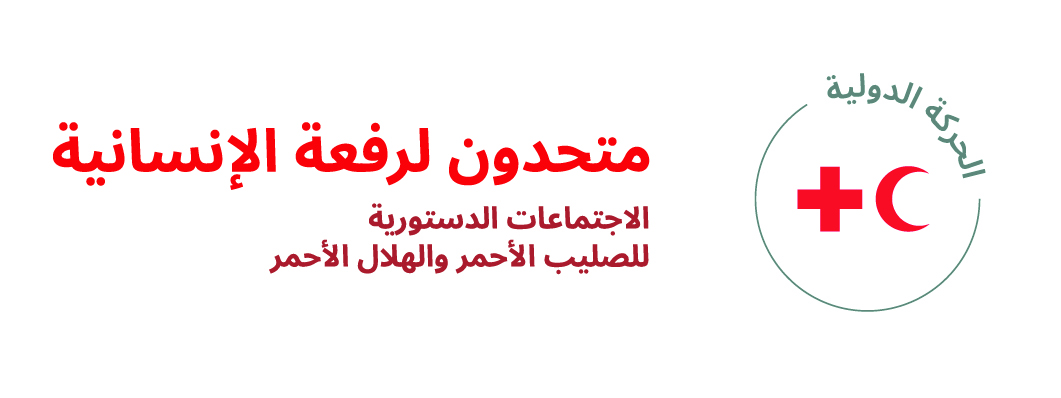الإجراءات المتخذة:
– The Georgia Red Cross Society ensures that all its relevant departments, including at branch level, are fully aware of the Restoring Family Links Strategy 2020–2025.
– The Georgia Red Cross Society’s restoring family links (RFL) department adapts the implementation measures in the Restoring Family Links Strategy 2020–2025 to its specific national context and develops annual action plans aligned with the strategy.
– The Georgia Red Cross Society increases Restoring Family Links coverage through volunteer involvement at all levels of program implementation by providing training for volunteers and branch staff.
– The Georgia Red Cross Society provides RFL trainings and workshops, including RFL in Emergencies, to its staff and volunteers, enabling them to increase response during disasters or other emergencies.
– The Georgia Red Cross Society enhances RFL service delivery in line with the principles guiding the RFL response by establishing strong, dynamic, and strategic relationships with various actors, including the private sector.
– The Georgia Red Cross Society ensures the implementation of the RFL Code of Conduct on Data Protection in order to facilitate the effective performance of RFL services.
– The Georgia Red Cross Society contributes to reducing the vulnerability of families of missing persons and advocating on behalf of the families in the best interest of the families and in complementarity with the existing accompaniment network.
Actions taken:
– The Georgia Red Cross Society has developed, adopted, and effectively implemented the Georgia Red Cross Restoring Family Links Strategy for 2020–2025, aligning with global RFL strategy and standards to enhance the capabilities and efficiency of RFL services across Georgia. This strategy focuses on operational efficiency, capacity building, and broadening the scope of services through increased volunteer involvement and partnership formation.
– During this period, the GRCS piloted and is now using a software application called FamilyLinks Answers designed to record and manage RFL cases. This tool has significantly improved the handling of non-conflict-related tracing requests, including those from disasters or migrations, and historical inquiries such as locating burial sites or documents from World War II. A Memorandum of Understanding with the Public Service Development Agency further enhanced the efficacy of these operations, providing essential data access that boosted tracing capabilities and case processing efficiency.
– During this period, the GRCS also significantly expanded its collaborations. It strengthened partnerships within the Red Cross Red Crescent Movement by actively participating in the RFL Leadership Platform, the RFL Strategy Implementation Group, and the Application Group for the RFL Code of Conduct on Data Protection. Additionally, it fortified relations with embassies and government representatives involved in RFL activities, which enhanced the operational framework and outreach of its services.
– Notably, the GRCS hosted and participated in numerous meetings with the International Committee of the Red Cross and other national societies, such as the French Red Cross, the Kyrgyzstan Red Crescent, and so on. These meetings facilitated the sharing and assimilation of best practices in RFL services, enriching the National Society’s approach and enhancing its service delivery.
– The National Society organized targeted training sessions and workshops across its 39 branches, which significantly improved the preparedness and response capacity of staff and volunteers. The disaster management simulation exercises, which incorporated RFL components and involved RFL volunteers actively across various branches, particularly demonstrated these efforts. These simulations proved instrumental in improving disaster response effectiveness and operational readiness. The disaster at Shovi Resort in 2023 vividly demonstrated the real-world application of these simulations. At the onset of the disaster, the GRCS swiftly activated the Oni and Ambrolauri branches. In close coordination with local authorities and relevant structures, the branches efficiently mobilized volunteers, who played a critical role in the on-ground response. These volunteers managed comprehensive data collection efforts that included details of missing persons, recovered individuals, hospitalized cases, and casualties. Their effective response was a direct result of the relevant training and simulation exercises undertaken by the National Society.
– Moreover, the GRCS received continuous human and material support from the ICRC, which was crucial in enhancing the capacities of RFL volunteers and staff throughout Georgia.



